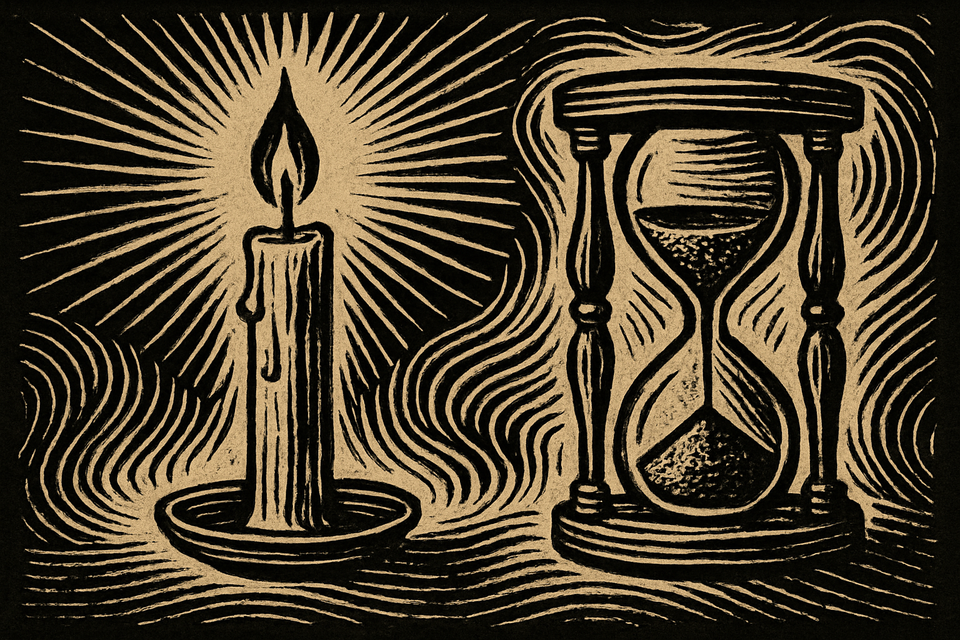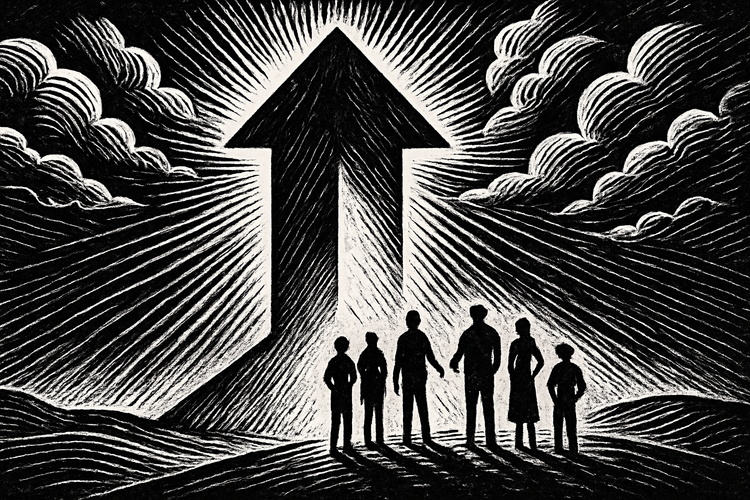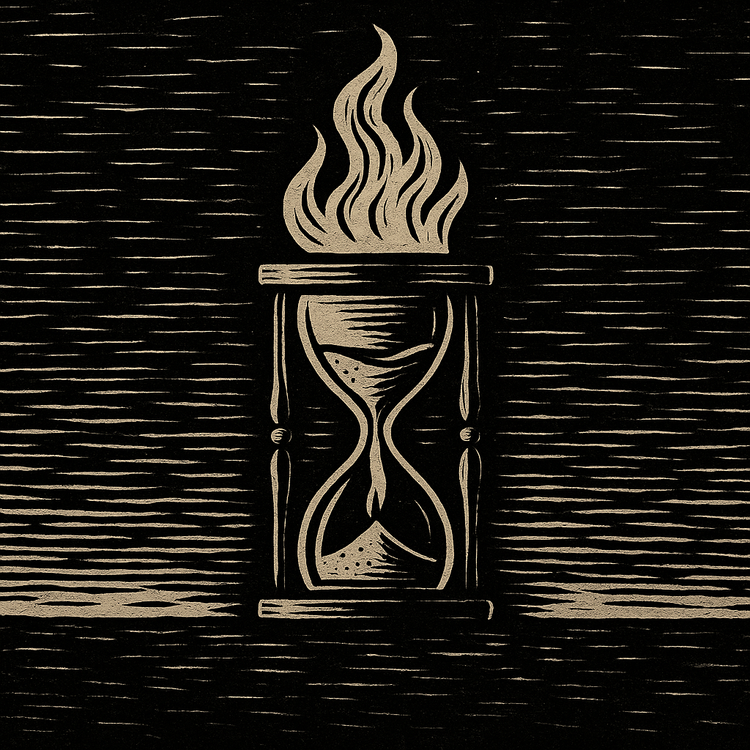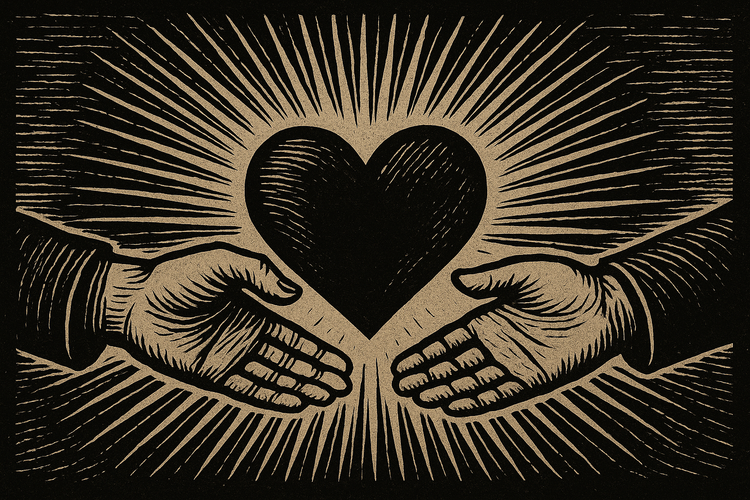The Good Place S4E12 "Patty"

Spoiler Warning: This reflection contains full spoilers for The Good Place, including retrospective insights and thematic allusions. It assumes familiarity with the entire series and is written from the perspective of a rewatch.
The Paradox of Paradise
At last, the Soul Squad steps into the Good Place, only to find it’s not paradise at all. What should be eternal joy has dissolved into a kind of numb despair, because perfection without limits eventually erodes meaning. This episode confronts the paradox of paradise directly: if nothing ever ends, nothing ever matters.
Chidi’s Idols and Hypatia
Chidi’s first steps in the Good Place bring a jolt of disappointment. The philosophers and thinkers he idolized are absent, consigned to the Bad Place for their flaws, leaving only Hypatia—whose brilliance has withered under eternity. She speaks with disarming honesty: the Good Place doesn’t work. On paper, it’s everything you could want, but in practice, endless pleasure dulls the mind. The figures Chidi revered fall short, and the place he longed for is hollow, setting the stage for a deeper reimagining.
When Perfection Curdles
Hypatia explains the problem with blunt clarity: infinite perfection makes your brain turn to mush. The Good Place residents drift in a fog, stripped of urgency, growth, or meaning. It isn’t cruelty that makes paradise fail, but kindness stretched into infinity until it loses shape. By showing the collapse of joy into monotony, the episode reframes heaven not as a destination, but as a design problem. Even the best intentions falter if they ignore what makes experience precious: its fleetingness.
The Gift of an Ending
The solution is as simple as it is radical. The group introduces a “special door,” a passage that allows souls to end their time in the Good Place when they feel complete. By giving paradise an endpoint, they restore the meaning that eternity stripped away. Choice and finitude become the true gifts, allowing joy to shine because it won’t last forever. In that reframing, the Good Place itself becomes time—measured not in endlessness, but in moments chosen and cherished.
Everything Is Fine
In the end, Michael is placed in charge of the Good Place, his arc completing its long, improbable circle. And as the system is renewed, he hears the words that first drew him into the experiment reflected back: “You know Michael, at the end of the day you were right. Everything is fine.” Patty reveals that paradise isn’t perfection stretched forever, but the chance to love, to rest, and to end when the heart is ready. What makes the Good Place good is not eternity, but the gift of an ending.



Comments ()